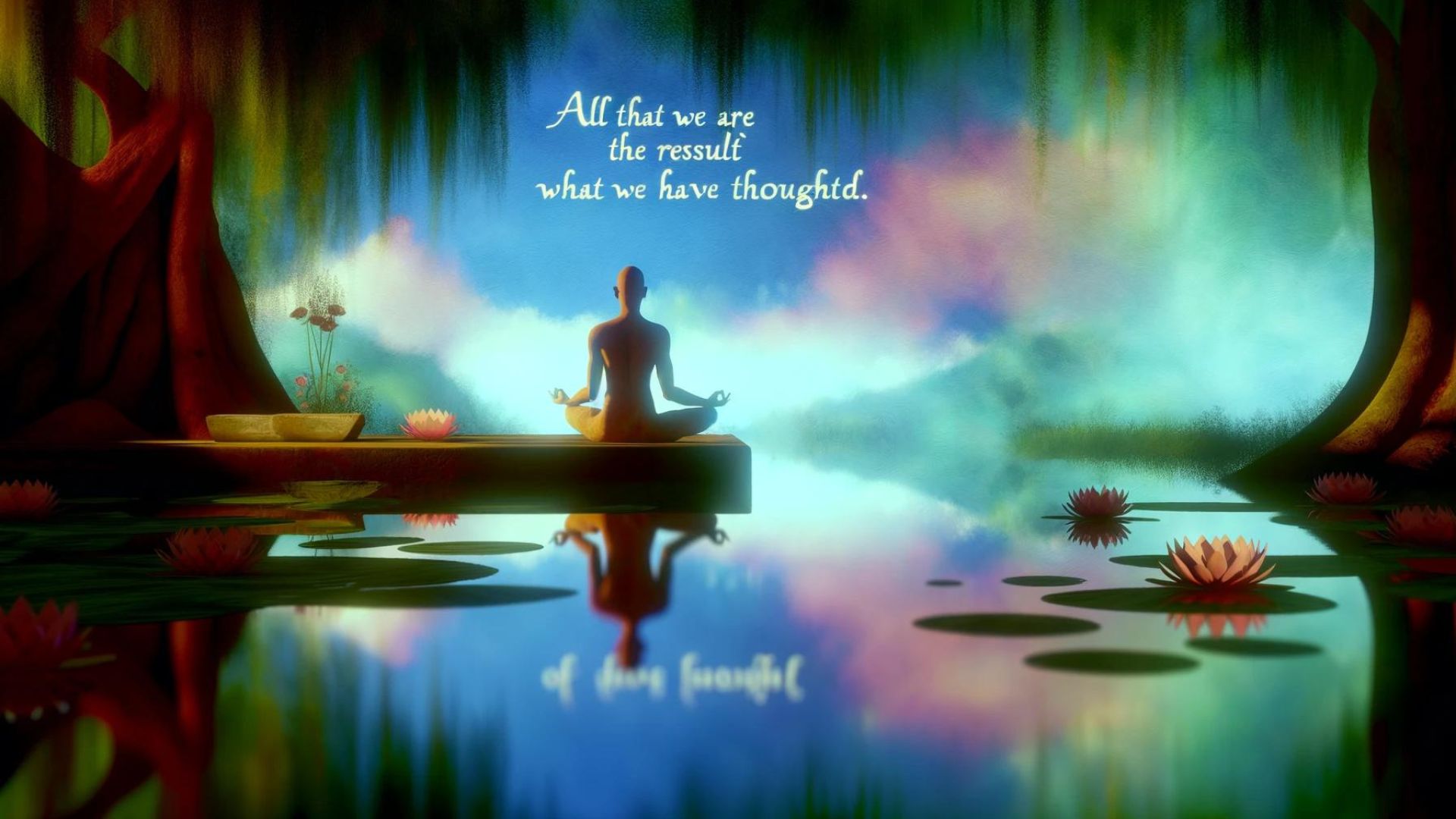The quote “All that we are is the result of what we have thought” is attributed to Siddhartha Gautama, commonly known as the Buddha. Siddhartha Gautama was a spiritual teacher and the founder of Buddhism, a major world religion. This quote reflects the central teachings of Buddhism regarding the power of the mind and the role of thoughts in shaping one’s life and experiences.
Commentary:
The Buddha’s quote highlights the profound influence of our thoughts on our actions, behaviors, and ultimately, our destiny. It emphasizes the importance of mindfulness and self-awareness in understanding and transforming our lives. In everyday life, this quote serves as a reminder of the significance of cultivating positive thoughts, attitudes, and intentions. It encourages us to take responsibility for our mental and emotional well-being, recognizing that our thoughts have the power to shape our reality.
Appropriate Usage:
- When promoting the practice of mindfulness and positive thinking for personal growth and development.
- In discussions about the power of intention and manifestation in achieving goals and aspirations.
- As a source of motivation for individuals seeking to overcome negative thought patterns and cultivate a more positive mindset.
Inappropriate or Offensive Usage:
- When used to blame or shame individuals for their circumstances or struggles, disregarding external factors beyond their control.
- As a justification for victim-blaming or minimizing the impact of systemic injustices on marginalized communities.
- When applied insensitively to individuals struggling with mental health issues or trauma, without acknowledging the complexity of their experiences.











0 Comments